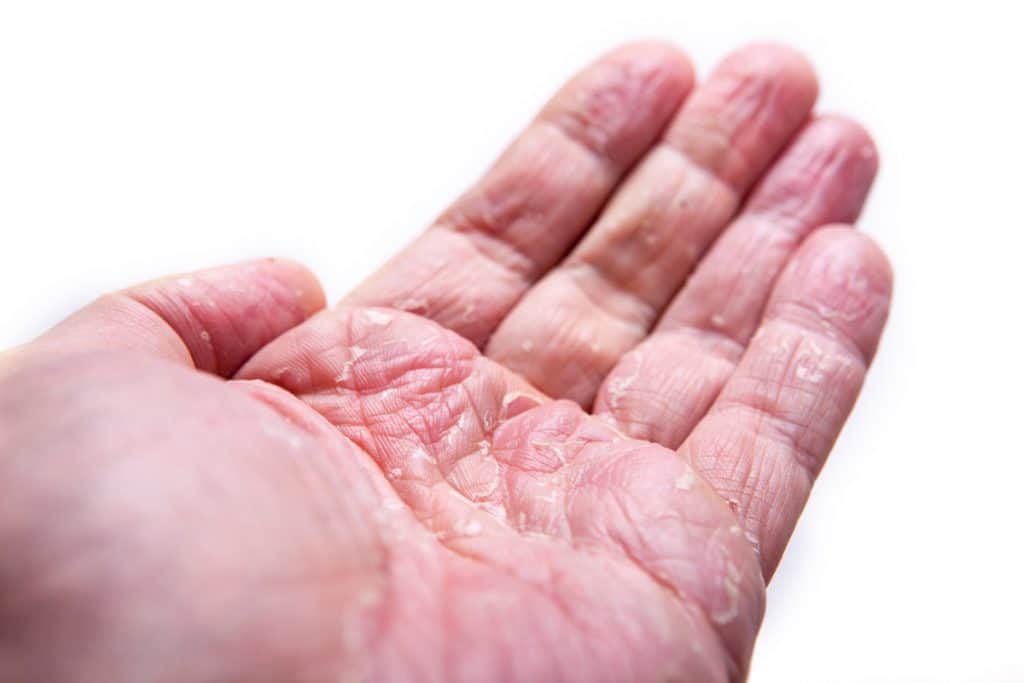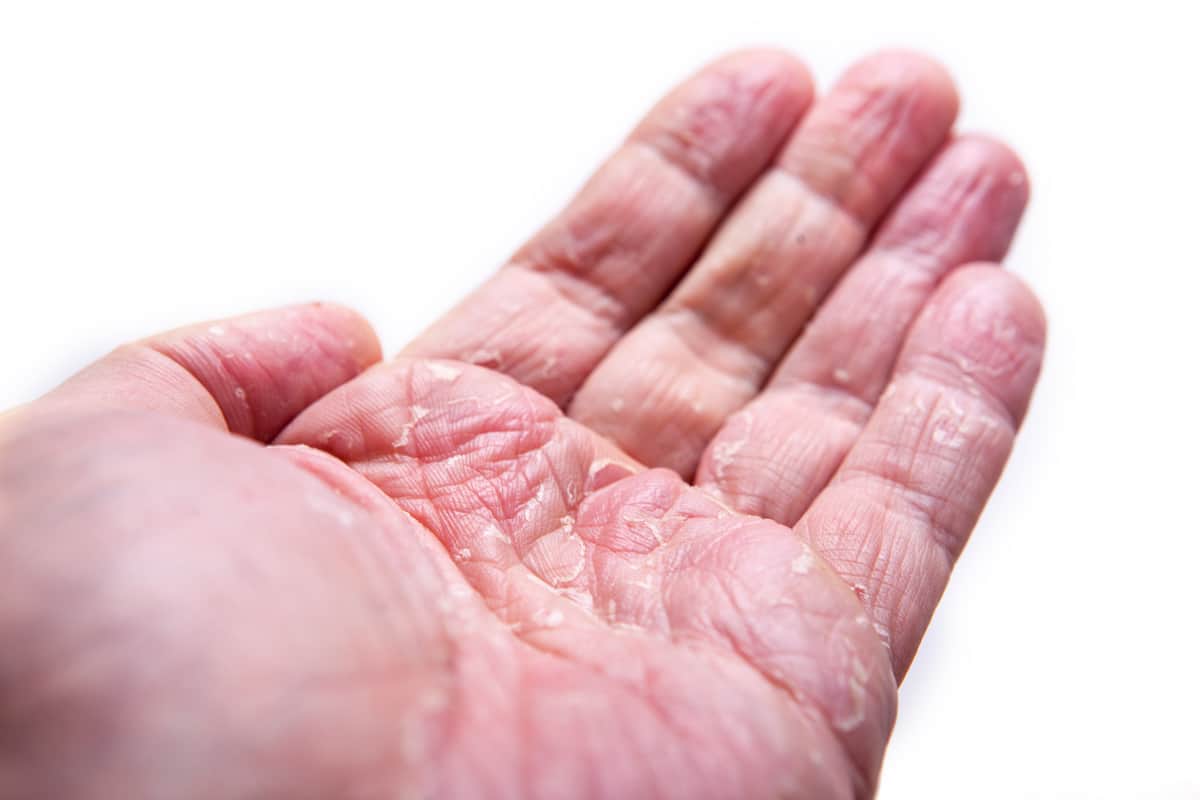
The weather is changing, and often such changes in temperature can affect your skin, especially if you have eczema. Healthy skin acts like a fresh coat of paint on your house. It guards against the winter weather and the summer sun. But eczema is like the paint on your house when it chips. It leaks moisture and allows your skin to be more susceptible to irritation because of heat, cold, humidity, wind, etc.
Not to mention, as pollen fills the air this Spring, if these particles land on your skin, they can cause an itchy flare up. Each person reacts differently depending on the season, so some may experience relief in warmer weather, while for some the heat may cause intense itch.
The hands can be particularly susceptible to eczema. If you are constantly washing your hands, this could be drying out your hands and stirring up eczema symptoms. Moreover, salty sweat on the hands can sting and irritate further. For all the summer activities you have planned, you can’t afford not to have use of your hands.
If you experience itching and redness of the skin on your hands, you’re not alone. Hand eczema affects about 10% of the U.S. population. It can come on due to genetic predisposition or contact allergens that “trigger” it. It can disproportionately affect people working in cleaning, catering, hairdressing, healthcare, or mechanical professions because of their exposure to certain chemicals.
Luckily, it isn’t contagious, but it can be uncomfortable nonetheless. The red, itchy symptoms can quickly develop into painful dryness, cracking, or blisters.
At home, you can try to control your hand eczema in a few different ways:
- When washing your hands, wash them in lukewarm (not hot) water and with fragrance free cleanser.
- Rather than wiping them dry, blot and apply a moisturizer immediately after washing.
- Wear cotton gloves when performing chores around the house to avoid contact with chemicals, but if you can, cut the tips off and make every effort to keep your hands dry if the gloves get wet or sweaty.
- Try to avoid hand sanitizer, as the alcohol in many antibacterial cleansers can be very hard on your skin.
- If you can’t avoid washing dishes by hand, try using a long-handled scrubber to avoid contact with irritating hot water and chemicals.
- Wear waterproof vinyl gloves with cotton liners to shampoo your hair or work with foods like potatoes, onions, peppers, meat, or acidic fruits.
- When considering moisturizers, it may prove worthwhile to limit the amount of water in it. Greasy ointments like petroleum jelly can sometimes provide the most relief.
Disclaimer: This blog provides general information and discussion about medical, cosmetic, mohs, and surgical dermatology. The words and other content provided in this blog, and in any linked materials, are not intended and should not be construed as medical advice. If the reader or any other person has a medical concern, he or she should consult with an appropriately-licensed dermatologist or other health care worker.
